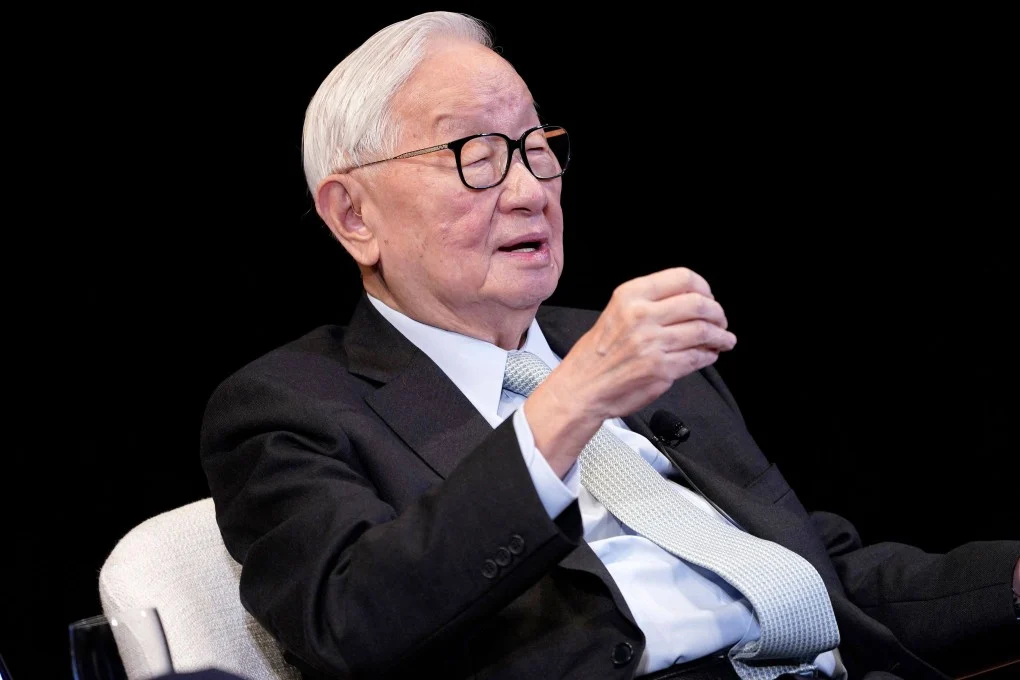TSMC's founder, Morris Chang, has raised concerns about Intel's strategic decisions, especially regarding its involvement in the chipmaking business. Chang argues that Intel would have been better off focusing on the rapidly growing AI market rather than entering the foundry business.
Intel has faced significant challenges recently, with the company grappling with financial difficulties and leadership changes, including the unexpected retirement of CEO Pat Gelsinger. Chang pointed out that Intel's shift towards becoming a foundry service provider may not have been the best course of action, especially given the success of its competitors in the AI sector.
"I don't know why Pat resigned or if his strategy was bad," Chang said, referring to Gelsinger's sudden departure. "Compared with AI, he seemed to focus more on becoming a foundry. Now, it seems he should have focused on AI." Chang's remarks come amid growing concerns over Intel's future as the company has struggled to capture significant market share in the AI sector, unlike its rivals, AMD and NVIDIA, which have robust AI portfolios.
Intel's foray into AI has been lackluster, with its Gaudi AI accelerator lineup failing to make a substantial impact in the market. On the other hand, NVIDIA and AMD have quickly established themselves as dominant players in AI, capitalizing on their advanced chip technologies. This slow momentum in Intel’s AI business has raised questions about the company’s ability to adapt to the changing landscape of technology.
Intel’s failure to secure success in the AI market has been compounded by challenges in its foundry division. Despite high hopes for its 18A node, Intel’s foundry service has not yet made a significant breakthrough, and the company has struggled to compete with the likes of TSMC in manufacturing processes.
With Gelsinger’s departure, Intel faces a crucial decision in its future direction. Analysts predict a potential pivot towards focusing on its manufacturing business, putting its chip development ambitions on hold for now. The changing dynamics of the semiconductor market may force Intel to reconsider its strategy, possibly aligning more closely with the trends in AI.
Intel’s journey over the last few years highlights the complexities of navigating the evolving tech landscape. Morris Chang’s critique underscores the growing importance of AI in shaping the future of the tech industry, a direction Intel may need to prioritize if it hopes to regain its competitive edge.
WCCFTECH
Read More






 Saturday, 31-01-26
Saturday, 31-01-26







